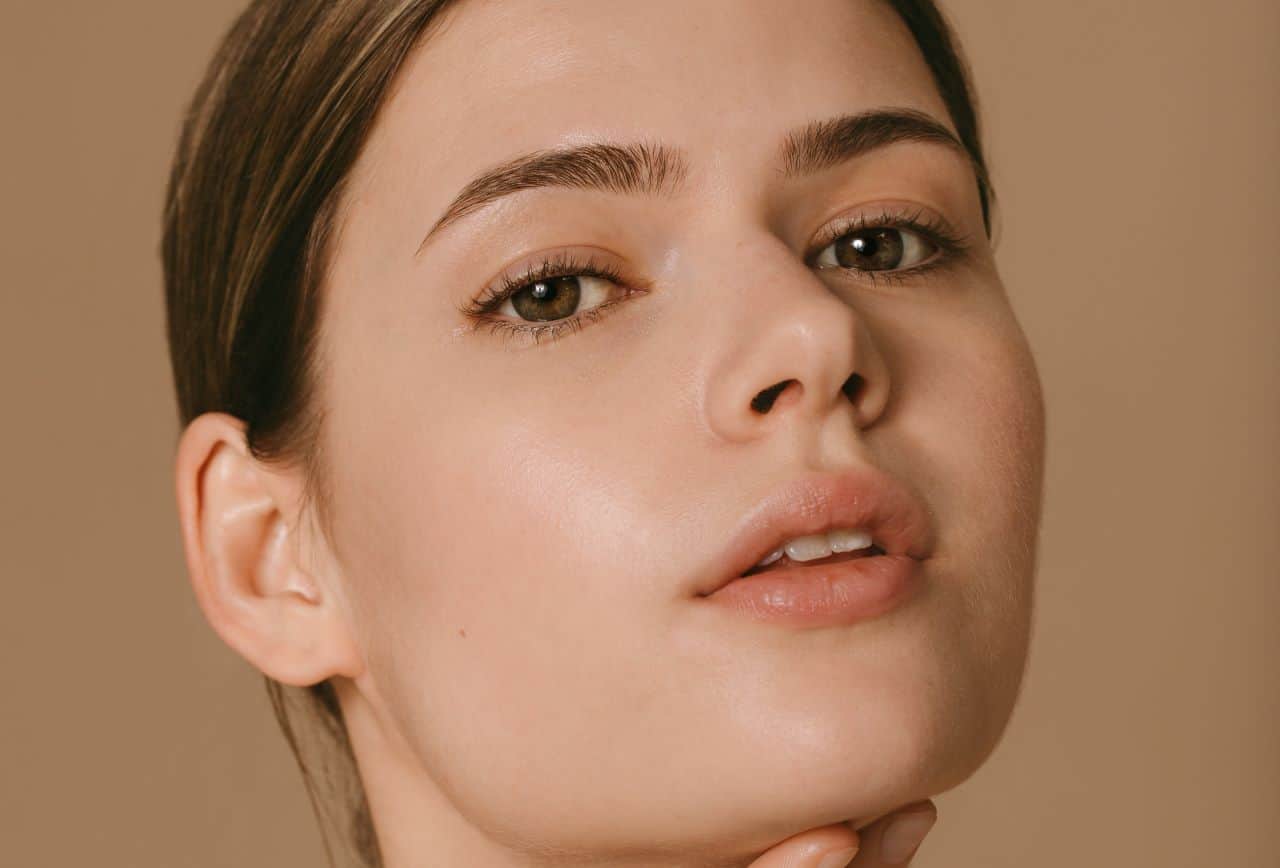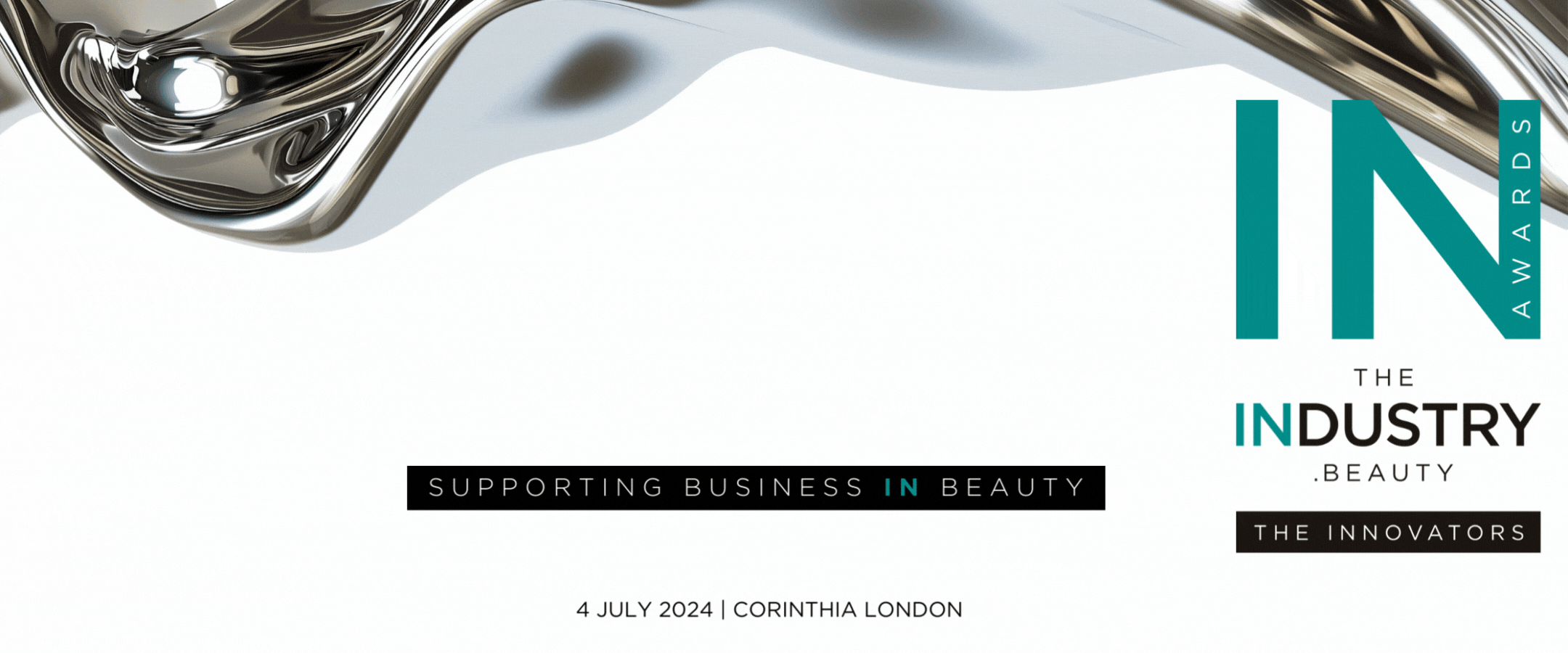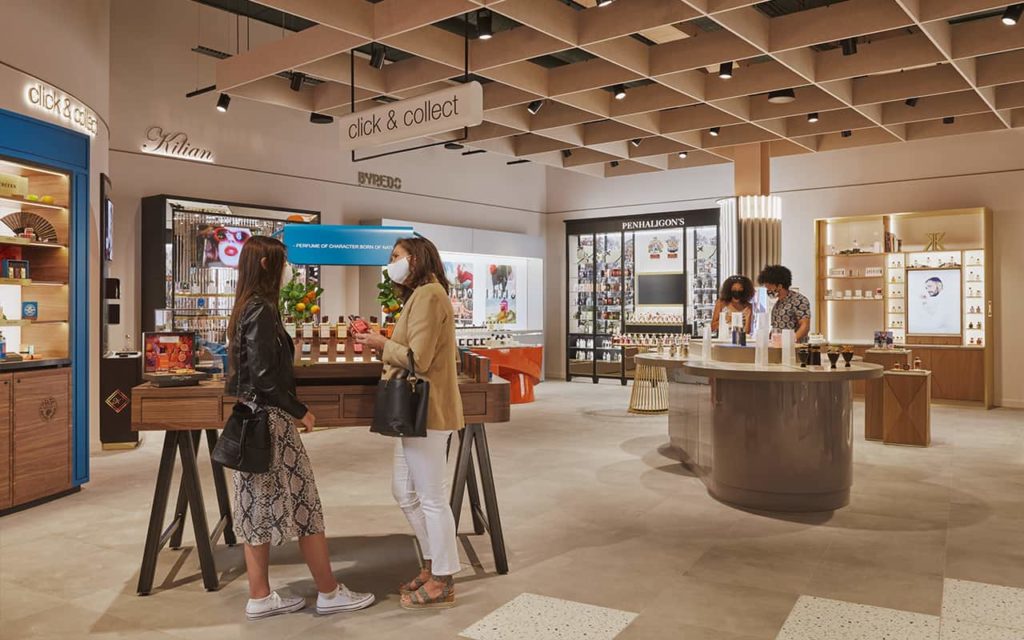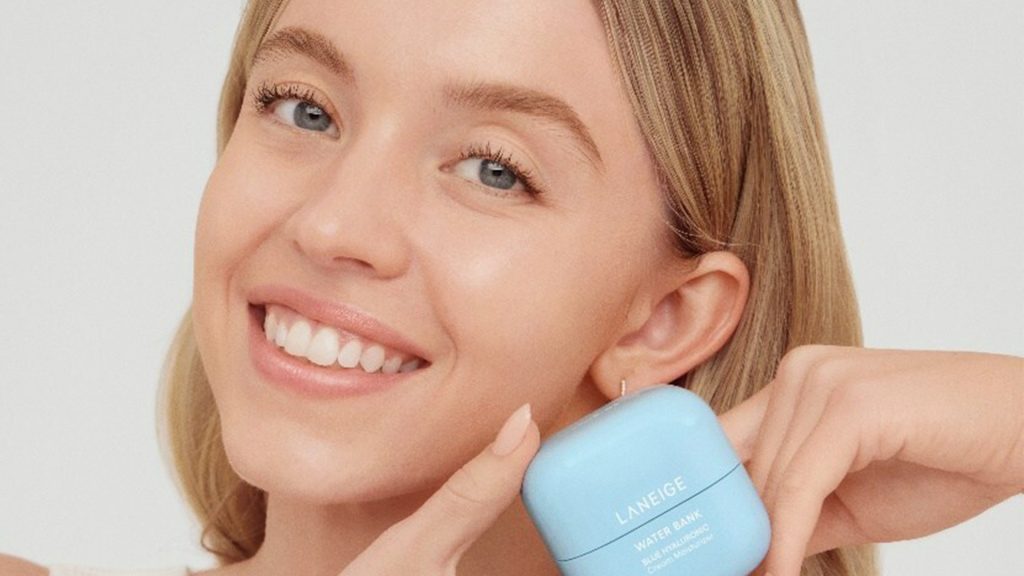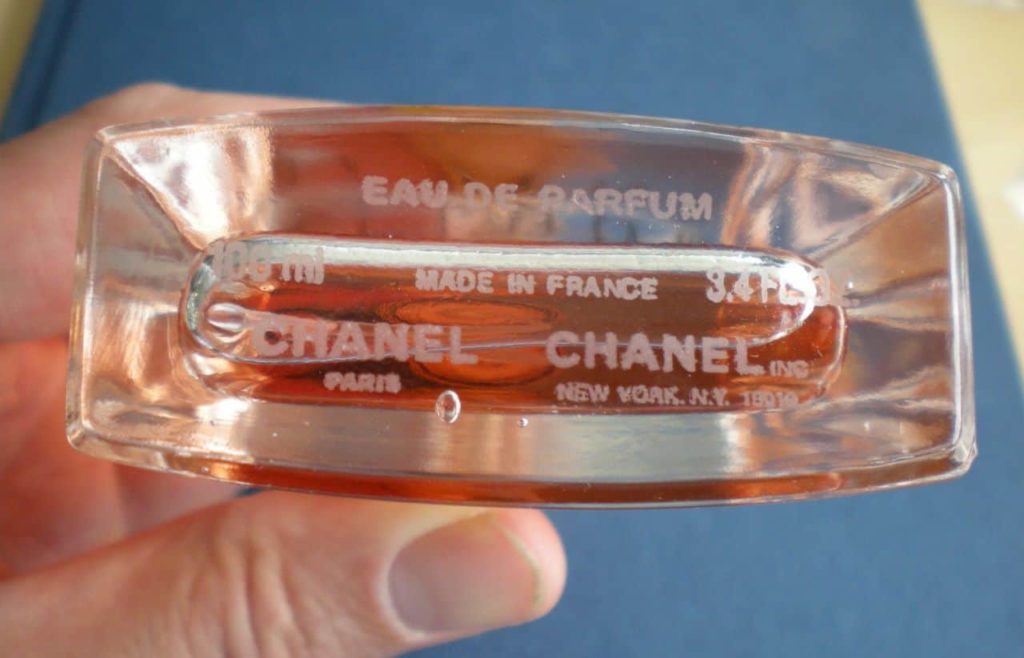Skincare and the pandemic: The impact of Covid-19 on UK skincare and lockdown's legacy
While the global Covid-19 crisis has heralded bad news for a number of key consumer product categories (make-up and ready meals to name just a couple) the same can not be said for skincare, which, due to a combination of complex and totally unprecedented factors, has flourished in the past year.
With consumers having more time at home to invest in effective new skincare routines, greater online access to expert advice and an ever-increasing range of innovative new products to choose from, the UK women’s skincare category alone grew to hit £1.19bn in 2020, according to Mintel data.
Other factors have of course been at play, with the emergence of new skincare problems such as ‘maskne’ (blemished caused by face-coverings) ‘Zoom Face’ and concerns over ‘blue light’ exposure, also prompting more people to buy into the category in new ways and for new reasons.
In-fact, according to latest research from the NPD Group, sales of anti-acne serums increased by 51% in value in 2020.
And, as the UK prepares to embark on its slow and steady route out of lockdown, with the promise of warm summer days ahead, the skincare category’s fortunes look set to remain rosy.
We talk to a range of skincare brands and experts about the impact of recent times on the category and what to expect in the coming months.
Amanda Coveney, managing director of dermatologist-approved online retailer The Skin Experts

Coveney expects the beauty industry to see a “huge pent-up demand” for treatments, from manicures to waxing, Botox and peels, as consumers “make up for lost time,” once salons re-open for business.
“Last year was of course a very difficult one for the UK beauty industry. The combination of lockdowns, closure of white space including clinics/salons/retail and people working from home triggered a big decline in make-up sales.
Sales of skincare, body and hair care products however, proved much more resilient, as consumers priorities shifted and a lift in at home treatments became a very definite trend.
In terms of make-up, lipstick sales have lost a lot of ground, with mandatory mask wearing having prompted a significant downturn in demand. On the flipside, there has been much more focus on the eyes.
Lash and brow products have proved extremely popular, especially with salon treatments unavailable.
Certain types of skincare products have also performed really well (as has the antibacterial category).
Increased screen time, for example, has fuelled demand for products that counter the impact of artificial blue light on the skin. Then there’s the “Zoom Boom”.
Without a filter, Zoom calls can be quite unflattering, so anything that blurs imperfections and restores glow has also performed well.
During lockdown people have had more time generally to focus on their skincare routines and are also keen to counter any dehydration issues/blemishes prompted by prolonged mask wearing and spending many hours at home. Many consumers have also sought to replace their usual salon/aesthetic procedures with reputable at-home ‘DIY’ treatments.

“A number of brands have performed particularly well. The Revitalash brand is a good example – the lash and brow conditioning serum has grown significantly during lockdown mainly due to customers not being able to get false lashes and brows manicured in salon.
Also Medik8, a brand leader in vitamin A and retinols has performed very well with customers becoming more skin and ingredients savvy spending more time on line.
I think behaviours will change in a number of ways as we exit lockdown.
Some people will have got used to simpler routines, multitasking products, and a lower maintenance lifestyle. Others will be raring to return to their version of normality, and see a familiar face looking back at them in the mirror.
Initially, I would expect a huge pent-up demand for treatments: from manicures to waxing to Botox and peels, and just about everything in between!
Once bars, clubs and restaurants fully reopen, there is likely to be an element of ‘making up for lost time’. I’ve seen plenty of predictions about a second ‘Roaring 20s’ era of indulgence, which would certainly bode well for the UK beauty business.
With parties, proms, holidays and weddings back on the agenda, people will want to look and feel their best. We’ve been starved of company, glamour and fun for so long and many consumers will feel they deserve to treat themselves to the familiar skincare and make-up products they’ve missed – and be willing to experiment with new products too.
The pandemic will leave quite a few lasting impacts though. While the UK beauty industry will bounce back, it certainly won’t be the same.
Many of the changes prompted by Covid-19 are here to stay. For example, the shift to online purchasing was already well underway: there’s no going back now, with many shops now permanently closed, and new openings on hold.
Consumers will be harder to tempt back in-store, especially as direct-to-consumer e-commerce and shoppable social media platforms continue to proliferate and also offer excellent service.
I think the focus on hygiene and cleanliness will continue and wellbeing/wellness and lifestyle concepts will continue to perform well.
We all know the value of self-care now, and skincare has a big role to play within that. Beauty isn’t superficial: how we look absolutely influences how we feel. Lastly, I think a lot of consumers have re-evaluated their priorities. Buying less but better, and investment purchases in top-end hero products, is likely to continue, as more consumers realise that value goes way beyond cost.”
Dr Uliana Gout, founder of London Aesthetic Medicine

Gout says the pandemic has driven consumers to take a far greater interest in skin health, with easy access to virtual consultations and masterclasses having played a key role.
“Covid-19 has driven a rise in demand for Aesthetic medical treatments, especially for good skincare and skin health. More importantly we have noticed a welcome increase from the general public for greater education and factual information directly from the medical community.
With ‘Maskne’ being the hot conversation piece and ‘Zoom Face’ a global phenomenon, we have also seen a rise in google searches for specific treatment information and fact finding (as opposed to seeking opinions and asking simply anyone for personal recommendations). It’s something we have been discussing internally in the industry for a several years now but Covid has catalysed that interest with the general public. After all, we want the general public to reach out to us as medical specialists when it comes to good skin health - rather than the usual pathways of self-diagnosis, impulse buying and the lack of strategic and diagnostic approaches to skin care.
‘Maskne’ is a big concern at present and one I feel will persist beyond 2021.
The skin friction created by regular mask use, and the fact that most people tend to reuse masks coupled with the fact that hygiene is not optimised is the perfect recipe for the exacerbation of spots and congestion. This is not only something we see with people predisposed to outbreaks but also with the wider population.

In terms of treatment trends given the Covid pandemic - homecare or DIY fixes for pores, congestion, dull skin and spots are one of the most commonly acknowledged global trends. Exfoliants, moisturisers and antioxidants are the key players here. However, with so much online discussion accompanied by personal ‘home-recipes’ and novel innovations springing up we have also seen patients ‘overdo’ things and in turn result in downtime associated with overuse.
A good example is the overuse of facial oils in the hope of achieving optimal moisturisation and hydration. Consumers forget that with ‘home living’ particularly during the colder months when we sweat more and are surrounded by heating, applying an oil simply invites not only infection but also dullness, congestion, spots and enlarged pores.
Another example is the over purchase of exfoliants and poorly formulated and unstable forms of vitamin C - consumers fail to understand that choosing the right ingredient is only one aspect of getting it right- the percentage, pH, formulation, dosage, intervals between application are absolutely mandatory in ensuring we not only get visible benefits but also avoid downtime (dryness, itching, redness etc which result in failure in compliance and unhappy users).
The desire for self-improvement will be on top of many people’s priorities for 2021 - especially once lockdown eases in the spring and people want to enjoy a ‘happy’ summer and ‘look their best’.
We predict to see a rise in Clinic enquiries - and the shift may also start to move towards body treatments. This is a trend we have been discussing pre-Covid and in many ways Covid may indeed have propelled this trend a year or two forward!
Xavier Quattrocchi-Oubradous, founder of the sustainably-focused Cosmydor skincare brand

Quattrocchi-Oubradous says the pandemic has accelerated consumer demand for brands and products which are helping to protect the planet and expects the trend to continue gaining momentum as the UK exits lockdown and beyond.
“We feel more than ever there is now an even stronger interest in sustainability. Consumers and distributors are asking more precise questions about the way we manufacture, where we source ingredients, how we formulate, the kind of packaging we use, and more generally the impact of our business on the planet.
This is so exciting for Cosmydor as we always believed there would be more and more interest in these matters, however the pandemic has accelerated this trend, as people are making more conscious decisions about their health and the planet.
In terms of our Cosmydor products, there has been a strong growth in all the Essential Care creams for the hands and face, which is easily explained by the need to take care of hand skin damaged by industrial soaps and alcoholic gels.

We are also seeing the more specific, targeted skincare products increasing in sales, especially the serums.
As the UK exits lockdown we expect to see sales of our compact products starting to increase again (in our case Petits Baumes and Essential Care range).
Make-up will also hopefully make a comeback, and just in time for us to launch our new make-up removal balm!
We hope that people will not be unreasonable and take too much sun this summer, but if they do, there will also be a real demand for hydrating, regenerating and soothing products.”
Anna Brightman co-founder of by-product beauty brand UpCircle

Brightman, who created UpCircle with her brother Will, says the pandemic has fueled sales of facemasks and cleansers as shoppers encountered new skincare problems such as ‘Maskne.’
“2020 was a tough year but some positives came out of it, including a preference for shopping small and shopping locally which has benefited a small British brand such as us.
We saw a sharp increase in online sales at the start of the first lockdown and this has continued to rise ever since. In March, for obvious reasons, we decided to release a Hand Wash of which £1 from every bottle sold is donated to charity.

During Covid our bestseller has been our face mask. I think this is because people are bringing the spa home, and focusing on selfcare and creating an atmosphere of relaxation.
The face mask is made with the fine powder of discarded olive stones - a by-product of olive oil production and the powder acts as a powerful anti-inflammatory and source of antioxidants.
These anti-inflammatory properties are also very beneficial when it comes to tackling a key new skincare problem which has arisen as a result of the new Covid-19 requirement to wear face-coverings in shops and other public places.
Protective face coverings are definitely not skin’s best friend. They can cause redness, spots and irritation around the chin, nose and mouth. This is known, not-so-affectionately, as maskne.
Maskne is caused by dirt entering the pores as a result of micro-tears caused by the material of the face mask rubbing against the skin. Pores get clogged and combined with the heat and humidity of the face mask, it’s a shortcut to Spots-Ville.
Wearing a mask for any period means the dead skin cells and grime have nowhere else to go, and the humidity is a perfect breeding ground for spot bacteria.
The necessity for face coverings has also really increased sales for spot-fighting products, like our Herbal Face Scrub and our Chocolate Charcoal soap bar. We’ve also spent time developing online tips to help consumers deal with maskne.
As lockdown is eased and summer approaches I think we will see an increase in sales of products that thoroughly remove makeup and fake tan. I therefore expect to see a steep rise in purchases of products like our body scrubs and cleansing balm."
Roger Dupé, founder of the Melyon skincare brand

Swedish top model Dupé, who launched the Meylon brand in September 2020, says the global pandemic has “woken people up” to the need to better look after themselves, others and the planet.
The line, which currently consists of four skincare products (Milk Cleanser, Detox Serum, Day Cream and Night cream) plus luxurious bar soaps, has been created with a focus on conditions commonly found among darker skin tones, yet is still suitable for all.
“The pandemic has given us a wake-up call to focus on ourselves as humans and on the planet. Skincare needs to start from the inside to go outside.
People have also had more time on their hands to apply self-care in lots of different angles and embracing new skincare rituals has been a key part of this.
Especially, given the rise in zoom meetings and people wanting to look as fresh as possible.
I believe that the beauty industry will continue to grow in the months ahead but I also believe that brands need to be more engaged with their consumer's needs.
Direct to consumer will become an increasingly important consideration as people won’t shop in the same way.
We can also see that consumers are more educated; they care about what brands stand for.
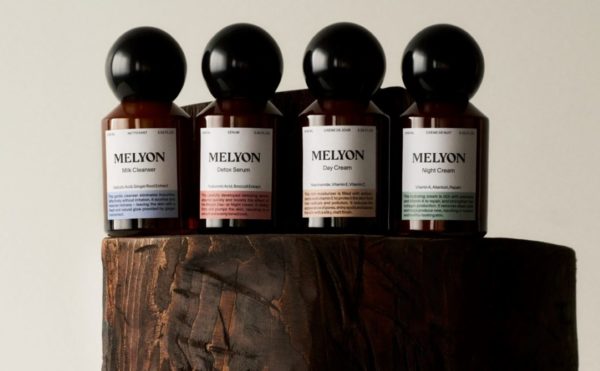
For us, our key USP is that we are out to change the ideal of beauty. The Meylon brand is about skincare for darker skin-tones but its still suitable for all. Inclusivity and diversity. We are also trying as much as possible to make our products sustainable."
Marko Lens, founder of the Zelens Skincare brand

Lens expects consumer demand for products which can help to protect and repair the skin soar as the UK exits lockdown
“The Covid-19 pandemic has had a significant impact on the skincare category and on how people view and take care of the skin. Priorities and needs have really changed.
Before the pandemic people were talking about anti-ageing and anti-wrinkle but now the focus has shifted to protection and repair.
At the end of the day people should be more concerned with protecting and repairing their skin rather than thinking ‘oh my goodness, I have one wrinkle! It’s normal to have some wrinkles and sometimes it’s nice.
People are realising the importance of protection, particularly from the sun and urban influences and actively looking for products that can help them to do that and that’s only going to grow as we exit lockdown and approach the summer months.
Repair will be equally important. People have been wearing face coverings for so long and enclosed indoors and skin has suffered so products that can help repair that damage are likely to be very popular.”
Mintel Women's facial skincare UK 2020 report
- Overall, 30% of female facial skincare users said they had moisturised more since the outbreak of Covid-19, (rising to 41% of 16-24s), while 18% said they were now spending longer on their routines with 14% using more facial treatment products such as face masks.
- British women increasingly splashed out on face wash in 2020, with usage rising from 50% in 2019 to 55%, while usage of day and night creams shot up from 60% in 2019 to 67% in 2020.

